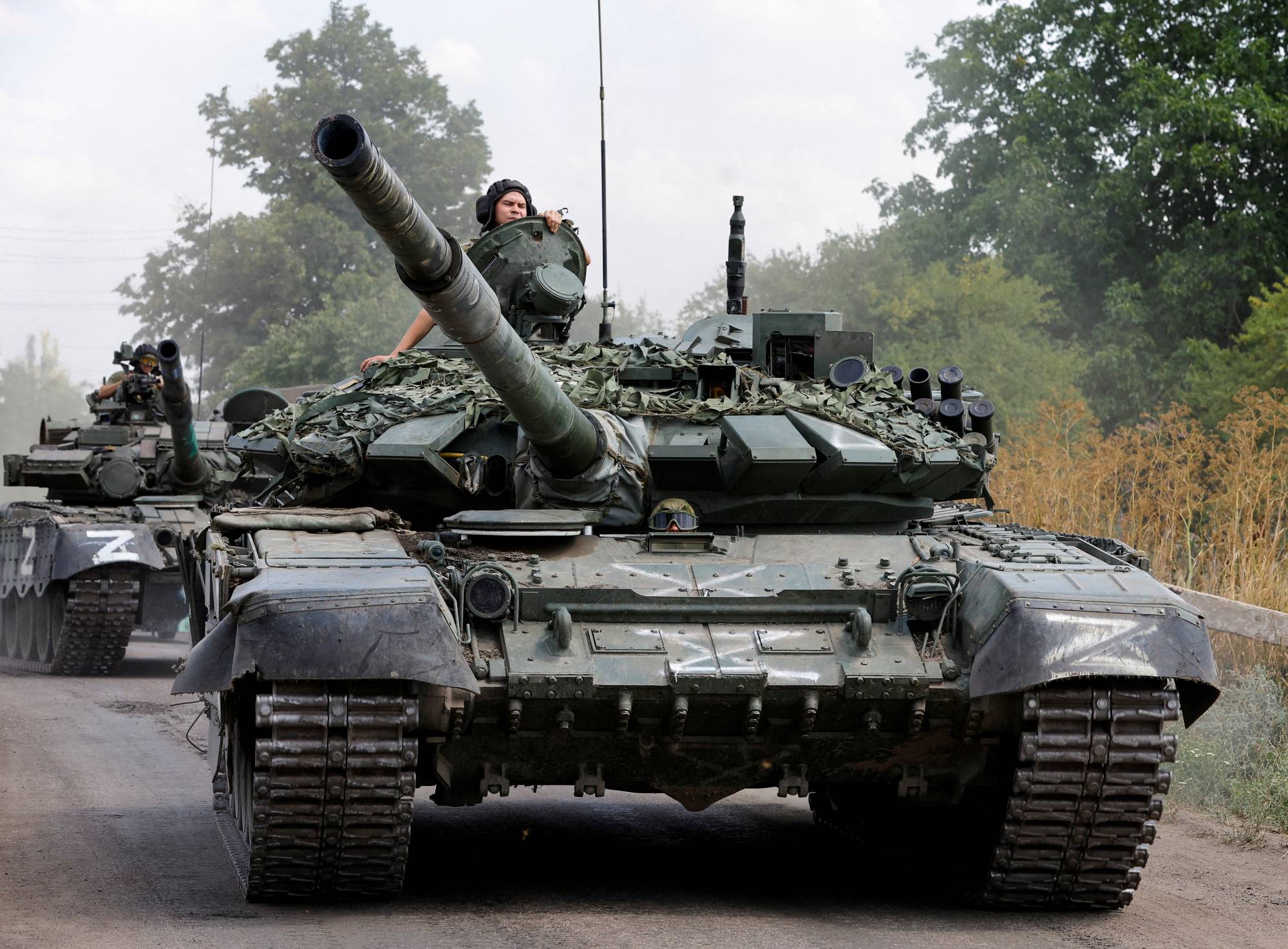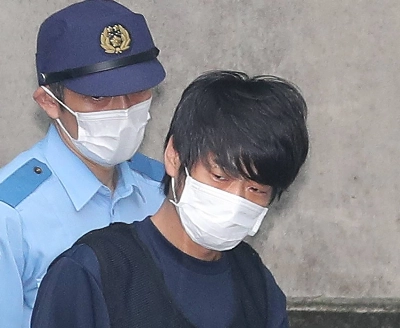Ukraine’s ballyhooed "spring offensive” hasn’t even begun yet, but Western politicians are already using it to reframe their thinking about Kyiv’s defensive war against Russian President Vladimir Putin.
This is a problem. By hyping expectations for the Ukrainians’ imminent military push, the U.S., Europe and NATO may jeopardize Kyiv’s long-term prospects.
The start of the offensive, expected right about now, has been a foregone conclusion since the winter. While the ground was frozen, the Ukrainians and Russians — regular army units as well as mercenaries of the Wagner Group — pinned one another down in a bloody war of attrition with little movement. Meanwhile, the Ukrainians were receiving and being trained to use new weapons, including the heavy battle tanks needed for a counterattack.


















With your current subscription plan you can comment on stories. However, before writing your first comment, please create a display name in the Profile section of your subscriber account page.